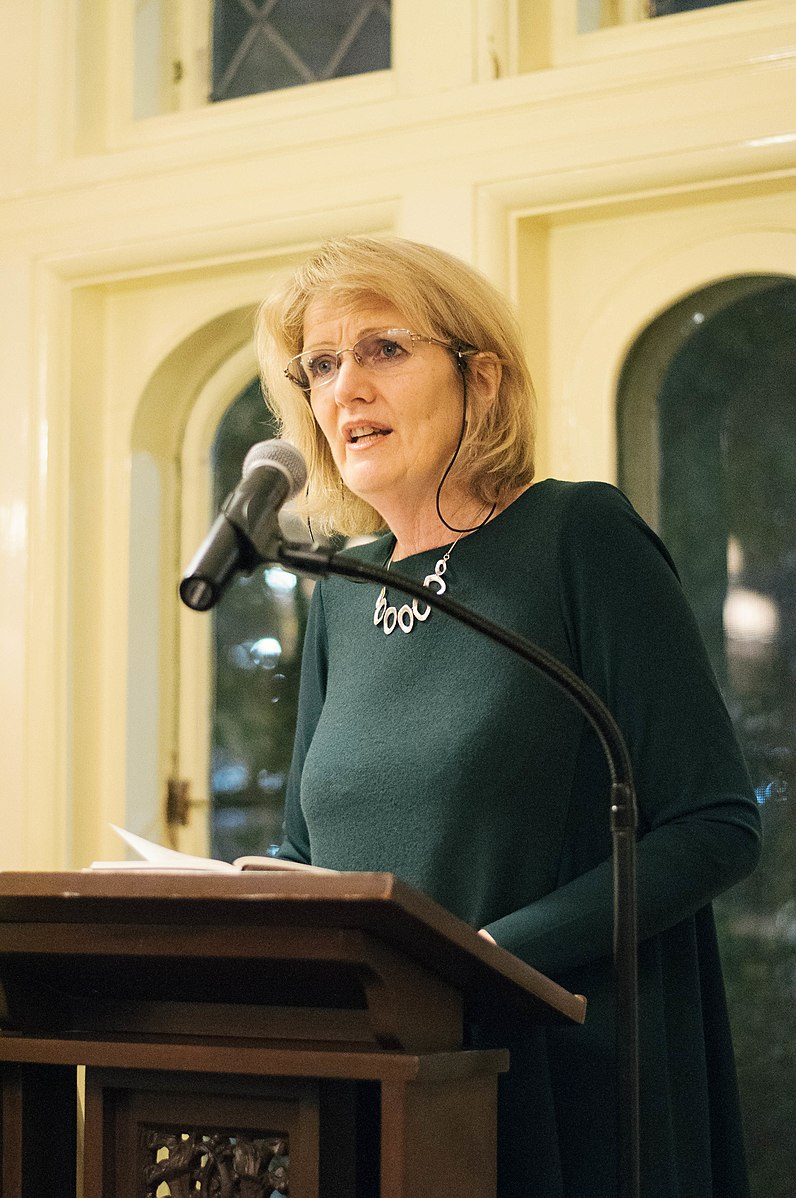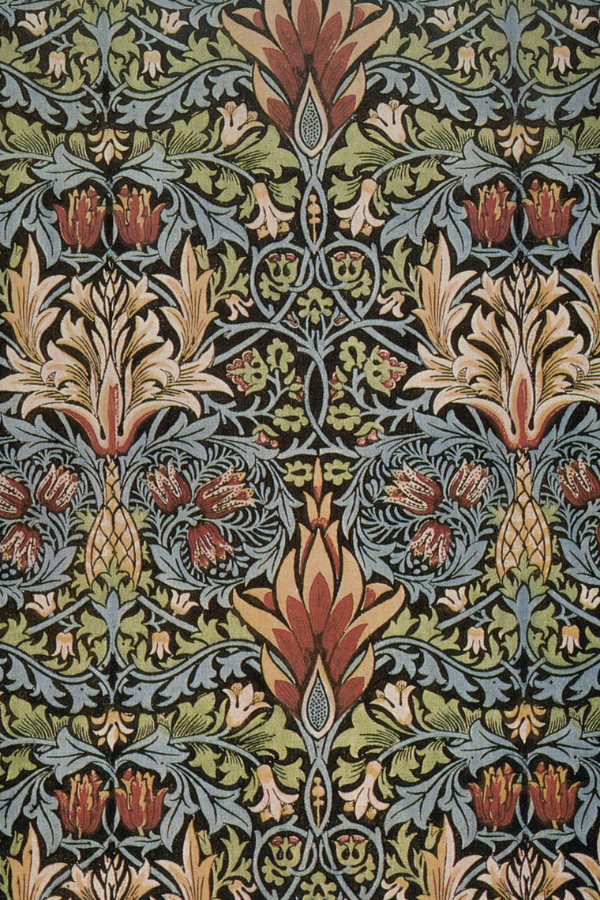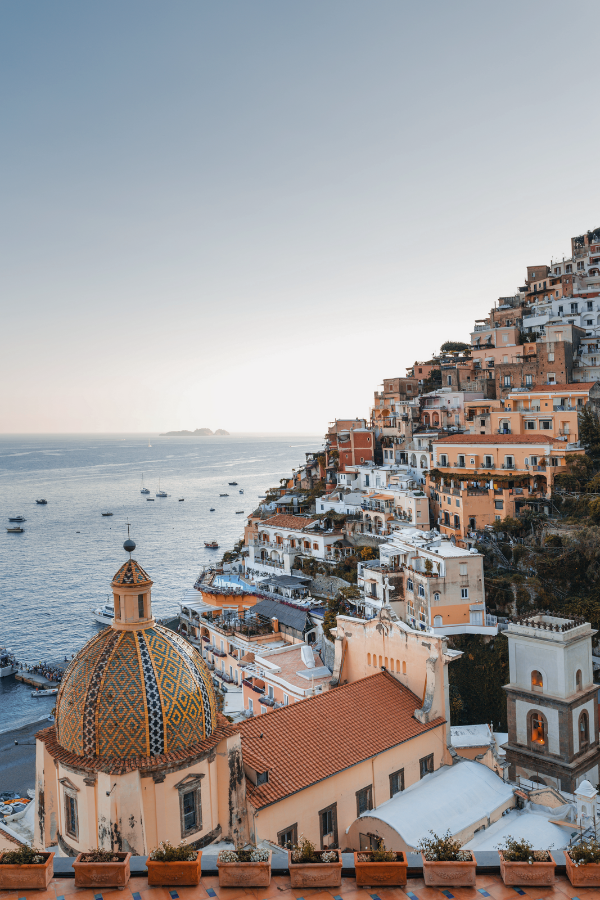
Female Irish Poets and Novelists to Celebrate This St. Patrick’s Day
Summary
Celebrating St. Patrick’s Day, this article shines a light on the significant contributions of female Irish poets and novelists, who have been pivotal in shaping both Irish and global literature. Highlighting the works of fifteen remarkable women, from pioneers like Maria Edgeworth to contemporary voices such as Sally Rooney, it underscores their explorations of themes like identity, feminism, and the personal-political nexus. These writers have transcended traditional narratives, offering nuanced reflections on Irish society and the human condition. Their collective legacy, spanning the 18th century to modern times, illustrates the profound impact of Irish women on the literary world, challenging and inspiring readers across generations.
Reflection Questions
- How do the themes discussed by these Irish female poets and novelists resonate with your own experiences or views on society, identity, and feminism? Can you identify any particular work or author that speaks to you more deeply, and why?
- Considering the varied landscapes of Ireland—from its rugged coastlines to its urban centers—how do you think the Irish setting influences the narratives and themes of these authors’ works? Reflect on the importance of place in your own life and how it shapes your identity.
- Many of these writers challenged societal norms and expectations through their literature. Reflect on the barriers (either personal, societal, or professional) that you perceive as significant today. How do you think literature can help in addressing or breaking down these barriers?
- How do you see the evolution of themes and narratives from the early works of Maria Edgeworth to the contemporary writings of Sally Rooney? What does this evolution tell you about the changing landscape of Irish society and the role of women within it?
- How has reading about the lives, struggles, and successes of these female Irish writers affected your understanding of the power of literature to influence individual lives and societal change? Can literature truly be a catalyst for change, in your view?
Journal Prompt
Reflect on a piece of literature by one of the Irish female authors mentioned, or another woman writer who has impacted you. Describe how their narrative, characters, or themes have influenced your perspective on life, society, or personal growth. Consider writing a letter to the author, expressing how their work has resonated with you and why. If you haven’t read a work by any of these authors yet, choose one that interests you and speculate on how you think it might influence your views or feelings.
Irish poetry and literature extend far beyond the works of James Joyce, Seamus Heaney, William Butler Yeats, John Montague, Oscar Wilde, Thomas Moore, and Patrick Kavanagh. Poetry collections and novels written by women are just as poignant. From the universal themes they capture to the personal experiences they share, these women represent the best of classical and contemporary Irish poetry and literature. Here are fifteen women who have advanced the written word in Ireland and beyond. They are widely regarded for their excellence, insights, and beautiful way of weaving tales that resonate deeply with people all around the world.
15 of Ireland’s Greatest Female Poets and Novelists
Eavan Boland (1944–2020)
Eavan Boland was a pioneering figure in Irish literature, known for her evocative poetry that challenged traditional narratives about women in Irish history and society. Born in Dublin in 1944, Boland’s work is characterized by its exploration of female identity, the complexities of domestic life, and the intersection of personal and national history.
Throughout her career, Boland sought to give voice to women’s experiences, often overlooked in literary and historical narratives. Her collections, such as “In a Time of Violence” and “The Lost Land,” are celebrated for their lyrical beauty and insightful commentary on Irish life.
Nuala Ní Dhomhnaill (born 1952)
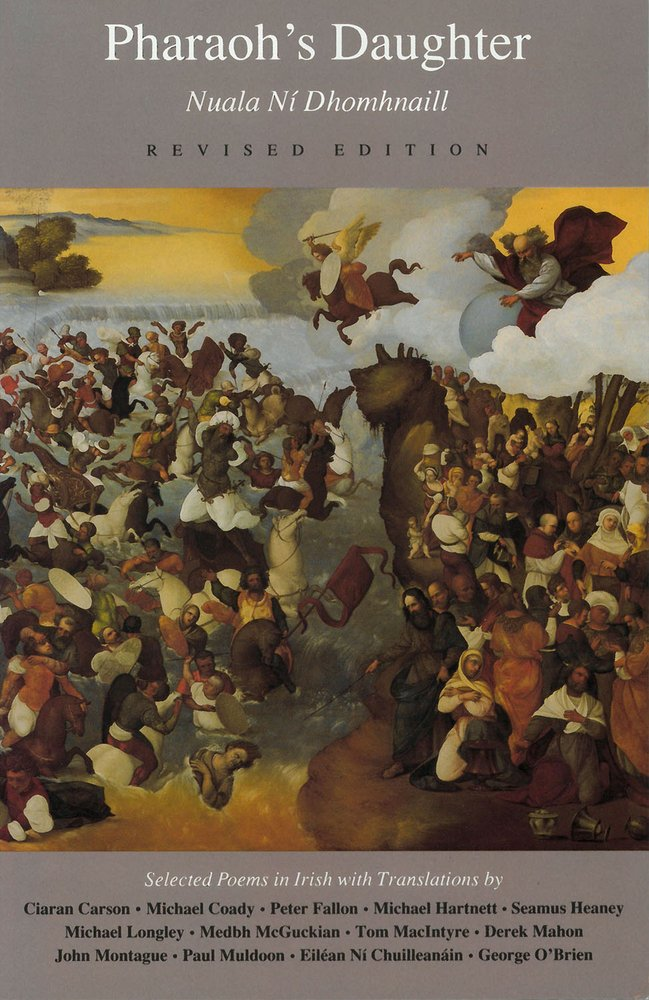
Nuala Ní Dhomhnaill is one of the most prominent poets writing in the Irish language today, with her work also widely available in English through translations by notable poets. Born in Lancashire, England, but raised in Ireland, Ní Dhomhnaill’s poetry is deeply rooted in Irish mythology and folklore, imbued with a modern sensibility that addresses contemporary issues. Her commitment to writing exclusively in Irish has made a significant contribution to the language’s literature and its preservation. Collections like “Pharaoh’s Daughter” and “The Water Horse” showcase her innovative use of language and her ability to weave folklore into reflections on modern life.
Paula Meehan (born 1955)
Dublin-born Paula Meehan is acclaimed for her Irish literary impact—particularly her poetry and plays, which reflect her deep engagement with issues of identity, social justice, and the urban environment. Meehan’s work often draws upon her upbringing in inner-city Dublin, weaving the personal with the political to explore themes of memory, displacement, and resilience.
Her poetry is celebrated for its lyrical quality and emotional depth, with collections such as “Painting Rain” and “Mysteries of the Home” reflecting her skill in capturing the human spirit. Meehan’s contributions to Irish literature have been recognized with numerous awards, marking her as a vital voice in contemporary poetry.
Moya Cannon (born 1956)
Moya Cannon is a poet whose work resonates with the landscapes and history of Ireland, often focusing on the natural world and our connection to it. Born in Donegal, her poetry is marked by a quiet contemplation and a deep appreciation for the beauty of the natural world, reflecting themes of history, language, and music.
Cannon’s collections, such as “Oar” and “Hands,” showcase her ability to find the extraordinary in the everyday, with her work celebrating the continuity between human experience and the natural environment. Her subtle, evocative style invites readers to look beyond the surface of things to the deeper connections that bind us.
Sinéad Morrissey (born 1972)
Born in Portadown, Northern Ireland, Sinéad Morrissey is a poet known for her formally inventive and intellectually rigorous work. Morrissey’s poetry explores a wide range of themes, from historical narratives to the intricacies of personal experience, often through the lens of travel and exploration. Her collection “Parallax” won the T.S. Eliot Prize, showcasing her ability to juxtapose different perspectives and histories in her work. Morrissey’s poetry is characterized by its precision and depth, with a keen attention to language that makes her one of the most distinctive voices of her generation.
Fuel your creative fire & be a part of a supportive community that values how you love to live.
subscribe to our newsletter
*please check your Spam folder for the latest DesignDash Magazine issue immediately after subscription

Leontia Flynn (born 1974)
Leontia Flynn, from Northern Ireland, has emerged as a significant voice in contemporary poetry, known for her witty and incisive observations of modern life. Flynn’s work often addresses themes of youth, technology, and the complexities of personal relationships, marked by a sharp, ironic tone that cuts to the heart of the matter. Her collections, such as “These Days” and “The Radio,” reflect her keen eye for the absurdities and profundities of the contemporary world. Flynn’s poetry is both accessible and deeply thoughtful, offering fresh insights into the human condition.
Maria Edgeworth (1768–1849)
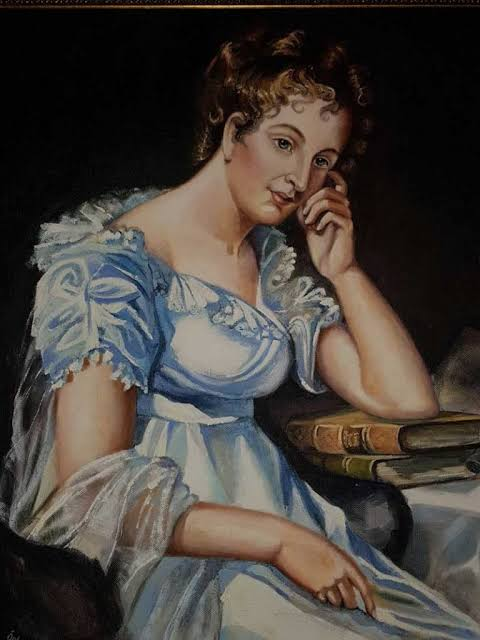
Maria Edgeworth was a pioneering Irish novelist and children’s writer who played a significant role in the development of the novel in the 19th century. Born in England but raised in Ireland, Edgeworth’s work often focused on Irish rural life, class, and the complexities of society. Her novel “Castle Rackrent” is considered a precursor to the historical novel genre, offering a satirical look at Irish landlords and the social changes of her time. Edgeworth’s writing was notable for its realism, wit, and social observation, making her one of the most important figures in English literature of her era.
Elizabeth Bowen (1899–1973)
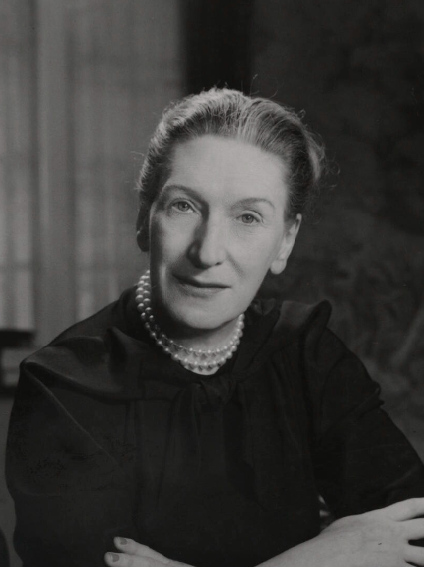
Elizabeth Bowen was an Anglo-Irish novelist and short story writer known for her detailed psychological insights and exploration of themes such as identity, memory, and displacement. Born in Dublin and raised in both Ireland and England, Bowen’s work often reflects the complexities of Anglo-Irish identity and the effects of World War II on British society. Her novel “The Last September” depicts the decline of the Anglo-Irish aristocracy through the lens of a coming-of-age story. Bowen’s writing is characterized by its precision, depth, and ability to capture the nuances of human emotions and relationships.
Kate O’Brien (1897–1974)
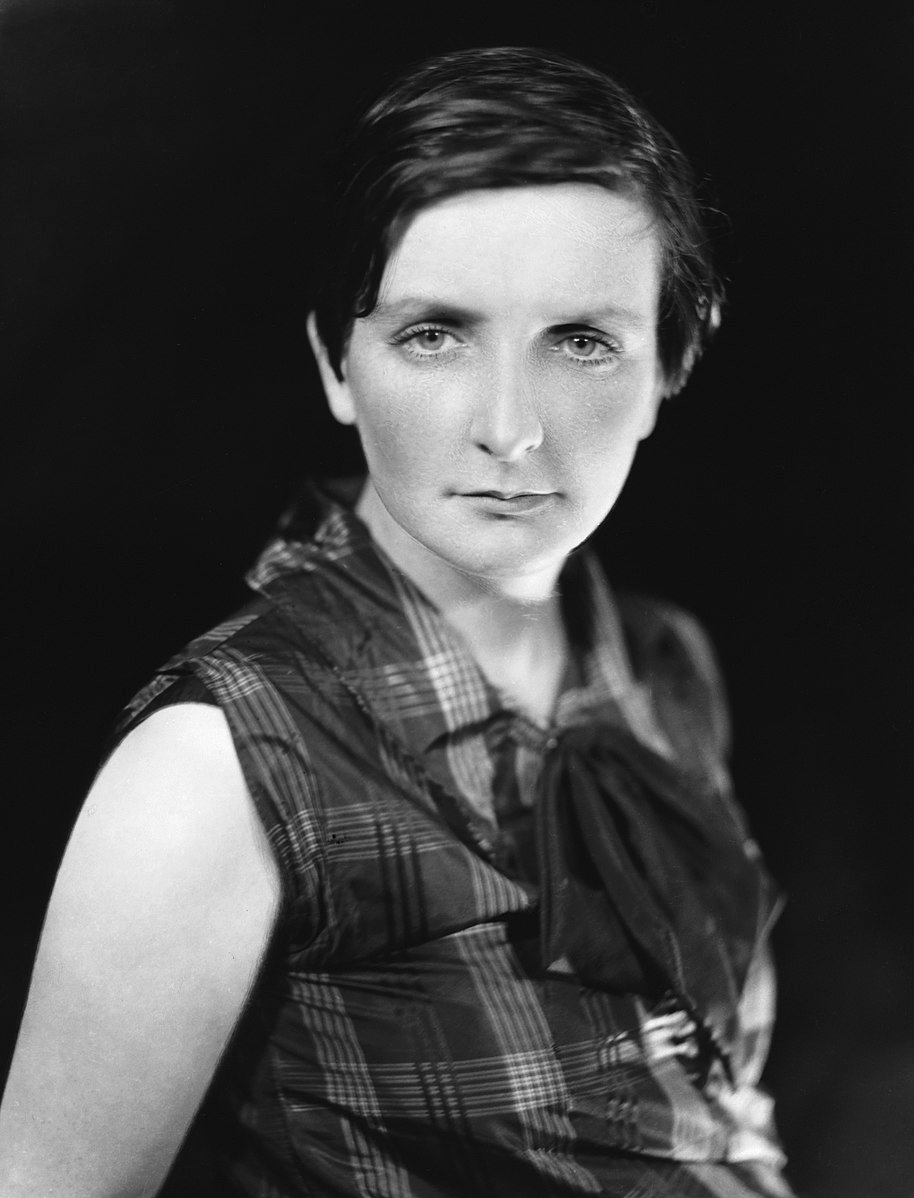
Kate O’Brien was a novelist and playwright whose work often explored themes of female independence and sexuality, as well as the restrictive social norms of her time. Born in Limerick, O’Brien’s novels, such as “The Land of Spices” and “The Ante-Room,” are notable for their strong, complex female characters and their exploration of Catholicism and homosexuality. O’Brien’s writing challenges the conventions of her era, offering a nuanced and critical look at the lives and choices of women in early 20th-century Ireland.
Edna O’Brien (born 1930)
Edna O’Brien is a prolific Irish novelist, playwright, and short story writer whose work has been at the forefront of discussions on women’s sexuality, social norms, and Irish identity. Her debut novel, “The Country Girls,” broke ground for its frank portrayal of female sexuality and critique of rural Irish society, sparking controversy and acclaim. O’Brien’s subsequent works have continued to explore the complexities of human relationships and the contradictions of the human heart. Her writing is marked by lyrical beauty, emotional depth, and a profound understanding of the intricacies of human nature.
Maeve Binchy (1940–2012)

Maeve Binchy was a beloved Irish novelist and short story writer known for her warm, engaging storytelling and her ability to create vivid, relatable characters. Binchy’s novels, such as “Circle of Friends” and “Tara Road,” often focus on the lives of ordinary people in small-town Ireland, exploring themes of friendship, love, and community. Her accessible style and compassionate insight into human nature made her works immensely popular worldwide, offering readers a comforting glimpse into the joys and trials of everyday life.
Anne Enright (born 1962)
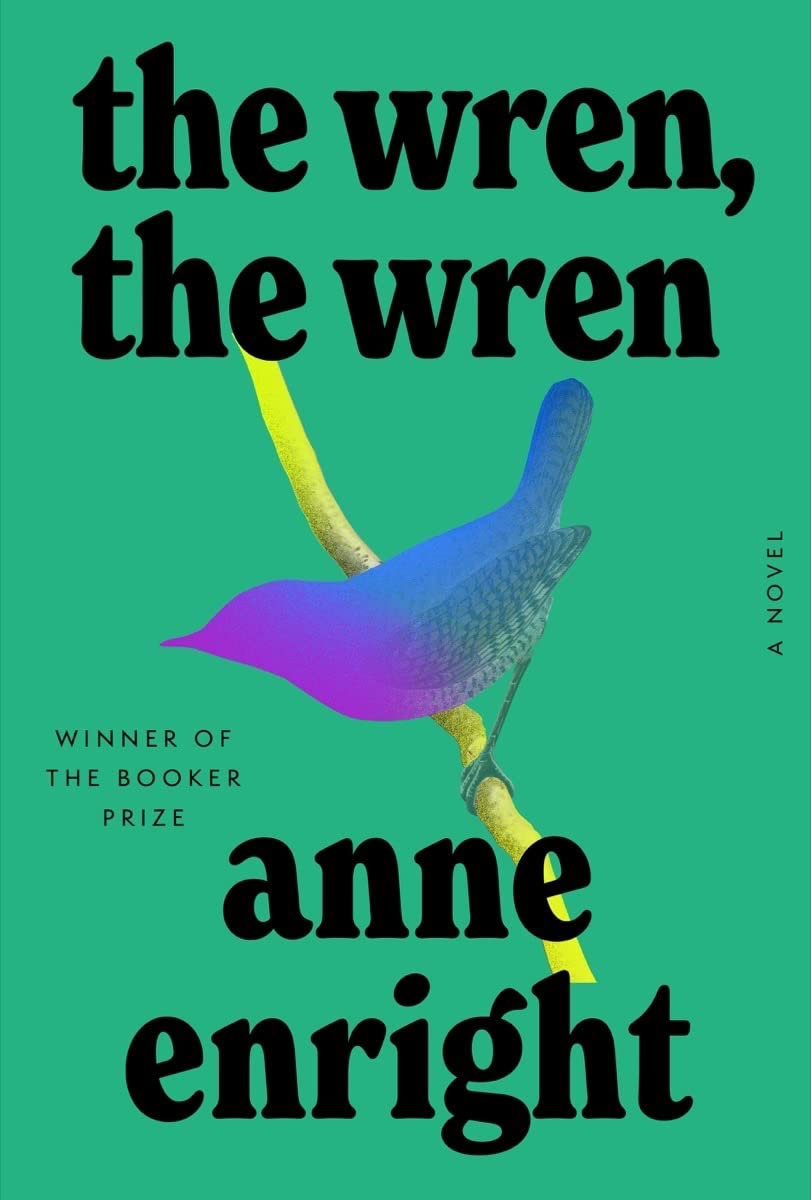
Anne Enright is an acclaimed Irish novelist and short story writer, whose work is characterized by its emotional depth and sharp wit. Winner of the Man Booker Prize for her novel “The Gathering,” Enright’s writing explores the intricacies of family dynamics, personal history, and the complexities of memory and identity. Her novels and stories often delve into the dark and humorous aspects of life, showcasing her ability to capture the subtleties of human emotions and relationships. Enright’s contribution to contemporary literature reflects her keen insight into the human condition and the nuances of Irish society.
Tana French (born 1973)
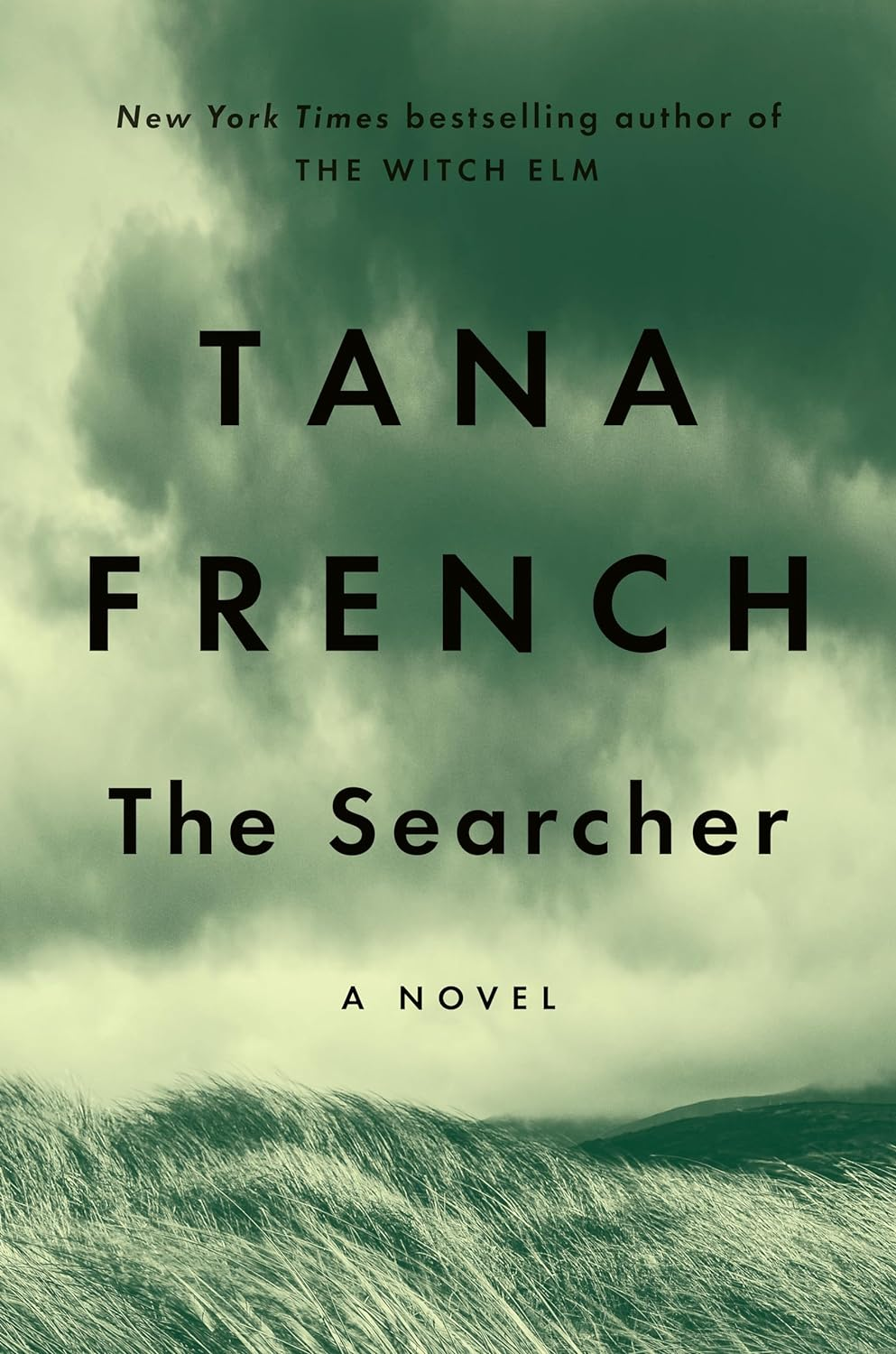
Tana French is an American-Irish novelist best known for her compelling Dublin Murder Squad series, which blends psychological depth with the intricacies of crime investigation. French’s work is celebrated for its detailed character development, atmospheric setting, and intricate plotting. Each novel in the series introduces a new protagonist from the same team of Dublin detectives, offering a fresh perspective on crime and its impact on human lives. French’s ability to weave complex narratives that explore themes of memory, identity, and the nature of truth has established her as a leading figure in contemporary crime fiction.
Emma Donoghue (born 1969)
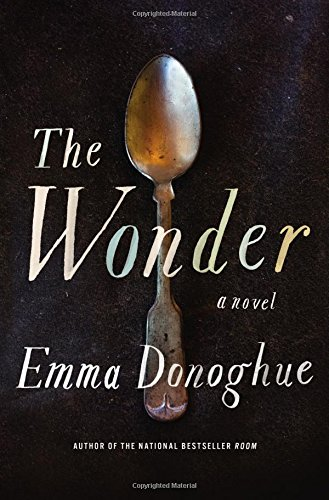
Emma Donoghue is an Irish-Canadian novelist, playwright, and literary historian whose work spans a wide range of genres and themes. Born in Dublin, Donoghue gained international fame with her novel “Room,” a gripping story told from the perspective of a boy who has spent his entire life in captivity with his mother. The novel explores themes of love, resilience, and the power of imagination, and was later adapted into an acclaimed film. Donoghue’s diverse body of work, including historical novels and stories exploring contemporary issues, showcases her versatility and skill as a storyteller.
Sally Rooney (born 1991)
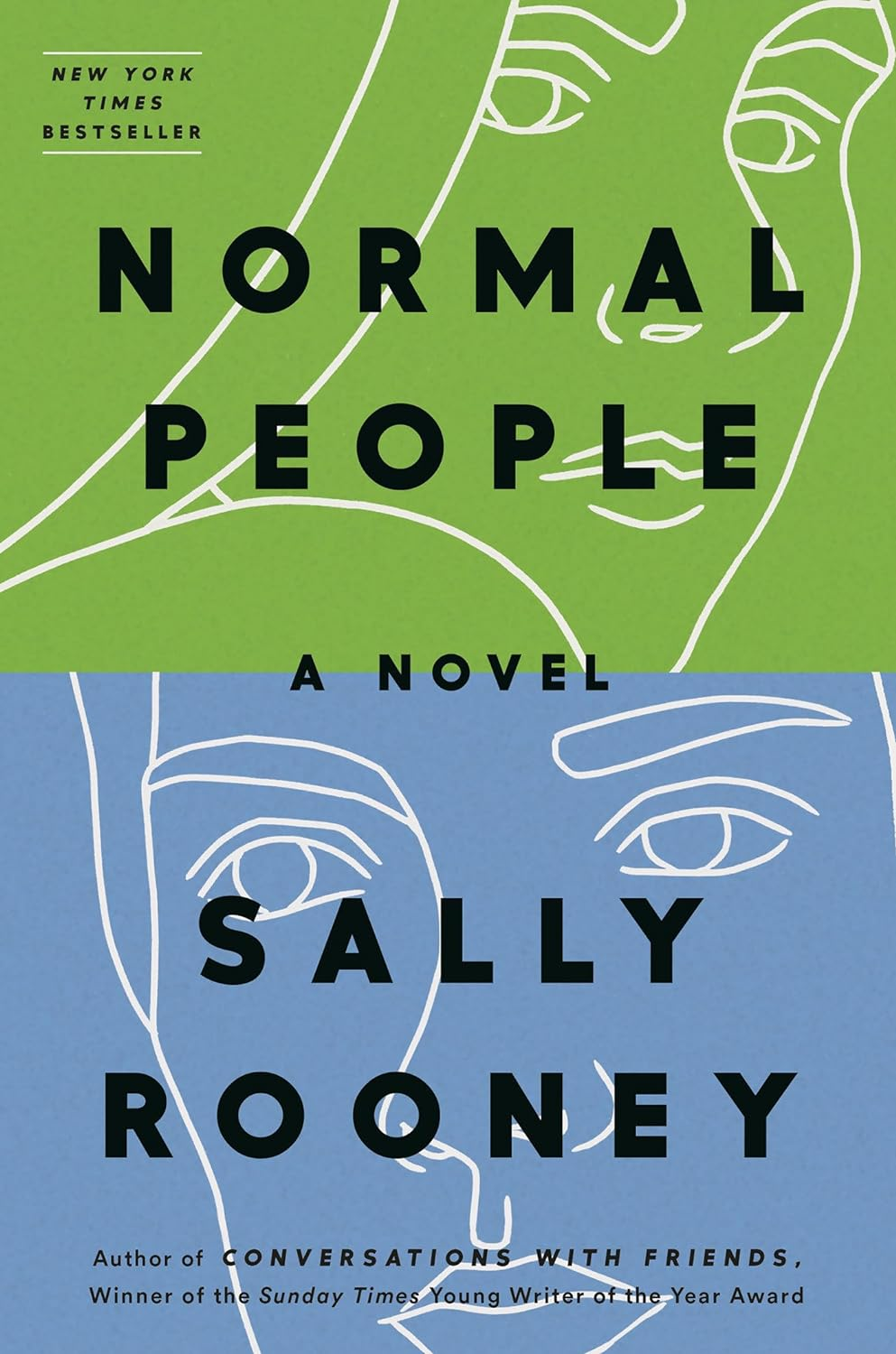
Sally Rooney has emerged as one of the most distinctive voices of her generation, known for her keen observations of millennial life and relationships. Her novels, “Normal People” and “Conversations with Friends,” explore the complexities of intimacy, communication, and social class with a stark, minimalist style. Rooney’s work captures the nuances of contemporary youth culture and the intricacies of human connection, resonating with readers around the world. Her ability to articulate the anxieties and aspirations of a generation has made her a critical and commercial success, defining the landscape of contemporary Irish literature.
Final Thoughts on the Collected Poems and Novels of Irish Women
From the pioneering work of Maria Edgeworth in the 18th century to the contemporary insights of Sally Rooney, Irish women have played a crucial role in shaping not only the literary landscape of their own country but also that of the global stage. Their writings, spanning poetry, novels, and short stories, explore a diverse range of themes such as identity, feminism, social norms, and the intricate relationships between the personal and political.
These remarkable women, through their unique voices and perspectives, have not only illuminated the complexities of human experience but have also provided profound reflections on the nature of Irish society and its place within the wider world. Their legacy is a testament to the enduring power of literature to challenge, entertain, and inspire across generations and borders.
Design Dash
Join us in designing a life you love.
The Psychology Of Color: Blue In Interior Design, Branding, And Beyond
Curious about how the color blue influences mood, behavior, and design? Here’s all you should know about blue color psychology.
From App State to HPU: 10 of the Best Interior Design Programs in North Carolina
Learn more about the top 10 interior design programs in North Carolina—CIDA-accredited degrees, associate options, and professional pathways to NCIDQ exam eligibility.
10 of the Best Interior Design Programs in Florida & How to Choose
LIKE 2 LEAVE COMMENT 0 6 min read SummaryFlorida offers a wide range of interior design programs—from top-tier research universities like UF and FSU to hands-on associate degrees and online certifications. Whether you’re seeking a creative reboot or building a foundational skillset, there’s a program that fits your path. Some are rooted in theory and…
Upselling Design Services: How to Add Value Without Alienating Clients
Laura Umansky shares how to upsell design services with integrity—adding value, not cost, while preserving your client’s vision.
Women, In Their Own Words: Sarah Choudhary
In this iteration of “Women, In Their Own Words,” we sit down with Sarah Choudhary, Habitat’s Creative Director and Senior Interior Designer.
April Interior Design Events You Absolutely Shouldn’t Miss
From workshops and panels at High Point Market to focused member sessions throughout the month, April is full of design events by DesignDash.



